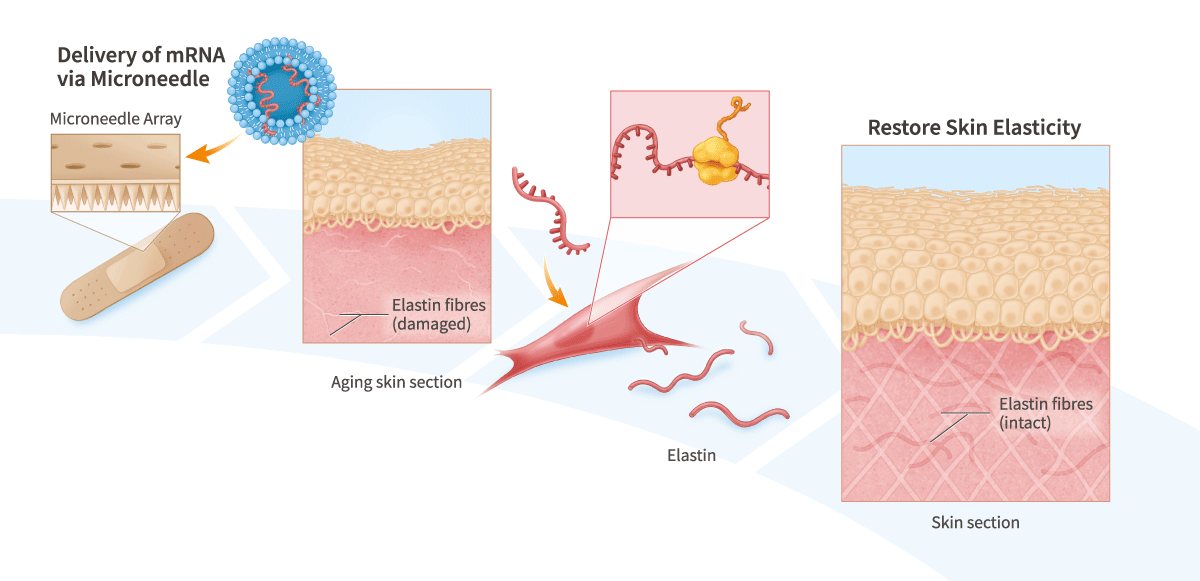mRNA Delivery to Skin

In addition to being the largest and most accessible organ of the body, the skin contains large numbers of highly active cells that have a high capacity for protein synthesis. These characteristics make the skin an ideal platform for expressing therapeutic proteins, both locally, for the treatment of dermatological conditions, and systemically, for the […]